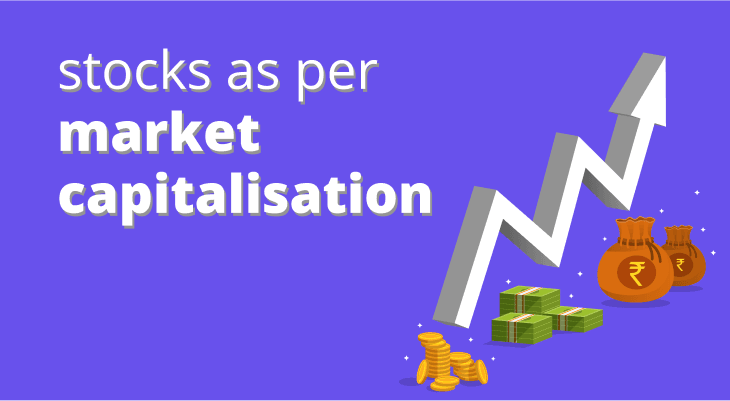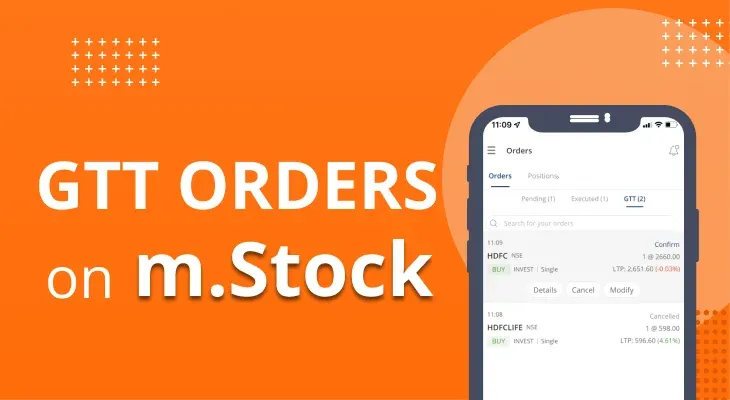
Equity Vs. Commodity Markets
Always at odds, the debate of equity vs commodity markets has fuelled even further post the pandemic and in the backdrop of the Russia-Ukraine conflict. While both equity and commodity markets are equally lucrative and have proven their might in the last few years, it is important to understand their merits and differences before you pick a side.
Equity represents ownership in a company, whereas commodity is the raw materials that can be traded to profit from difference in commodity prices. One of the major differences between equity and commodity prices is how they are traded. While equity is a kind of hedge or underlying driven, commodity is trade-driven.
Difference Between Equity and Commodity Markets
Here are the major differences between equity and commodity markets.
| Parameter | Equity Market | Commodity Market |
|---|---|---|
| Meaning | Shares, which represent ownership in a company are traded | Commodities such as oil, wheat, energy, cocoa etc are traded |
| Ownership | In the equity market, the owner is known as a shareholder | In commodity market, one who owns a commodity instrument is called an option holder |
| Nature of products | Shareholders receive a share of the profits earned by a company after deducting liabilities from total assets in the form of dividends. Also, you can earn by trading stocks in the market | There are no qualitative differences between commodities and hence, can be easily replaced with one another |
| Classification | Equities are classified based on their capitalization into large-cap, mid-cap, small-cap, micro-cap, etc. | Commodities are classified into four: precious commodities, base metals, energy, and agricultural commodities. |
| Ownership | You have ownership in the company as well as in the company’s assets. | There is no ownership stake in the company or assets. |
| Purpose | Invests in companies with significant potential for growth to build a corpus. | Helps producers to protect themselves from price fluctuations by locking in a set price through contracts. |
| Risk | Comparatively lower risk | High risk as physical settlement is a possibility |
| Term | Long-term investment. It can be held for a single day or several years since it doesn’t have an expiration date. | Short-term investment and has an expiration date. |
| Margins | Higher | Lower |
| Dividend | Shareholders receive profits made by the company in the form of dividends. | No dividends |
| Trade Exchange | Traded on stock exchanges such as BSE, NSE, etc. | Traded on NCDEX, MCX, NMCE, etc. |
| Regulations | Free market and lesser regulations | Derivative market with strict regulations implied by SEBI |
| Trading Hours | Fixed hours from morning to afternoon. | Open for 24 hours |
| Lot Size | No lot size | Traded in lot size |
| Diversification | The price of one equity instrument corresponds to the price of another equity instrument. | The price of one commodity is not related to another commodity. |
Factors to consider before investing in equity or commodity Markets
Always consider the interest rates since the change in rates not only affects the rate-sensitive stocks but the stock market as a whole. It also leaves an impact on the commodity prices and changes the holding cost of the inventory.
Commodity market runs on demand and supply forces whereas equity market is dependent on the performance of a company and general macroeconomic conditions.
Risk tolerance is necessary when investing in any of the two markets since both involve a certain amount of risk. In comparison to the commodity market, equity has lower risk.
Consider your financial objectives before investing in any asset class because equity investments serve long-term objectives whereas commodity trading is best suited for short-term objectives.
FAQ
Which is better: equity or commodity?
Among equity and commodity investments, the best option is dependent on the investor’s point of view. If you have a high risk appetite, then commodity trading will be suitable for you. If you want to build a corpus through long-term investment and want an investment with (comparatively) low risk, equity investment might be the best option.
Which are more volatile: equities or commodities?
Commodities experience high volatility in comparison to equities.
Are commodities riskier than stocks?
Yes, commodities are riskier than stocks because of high volatility and the fact that the price of one commodity is not related to another commodity.


